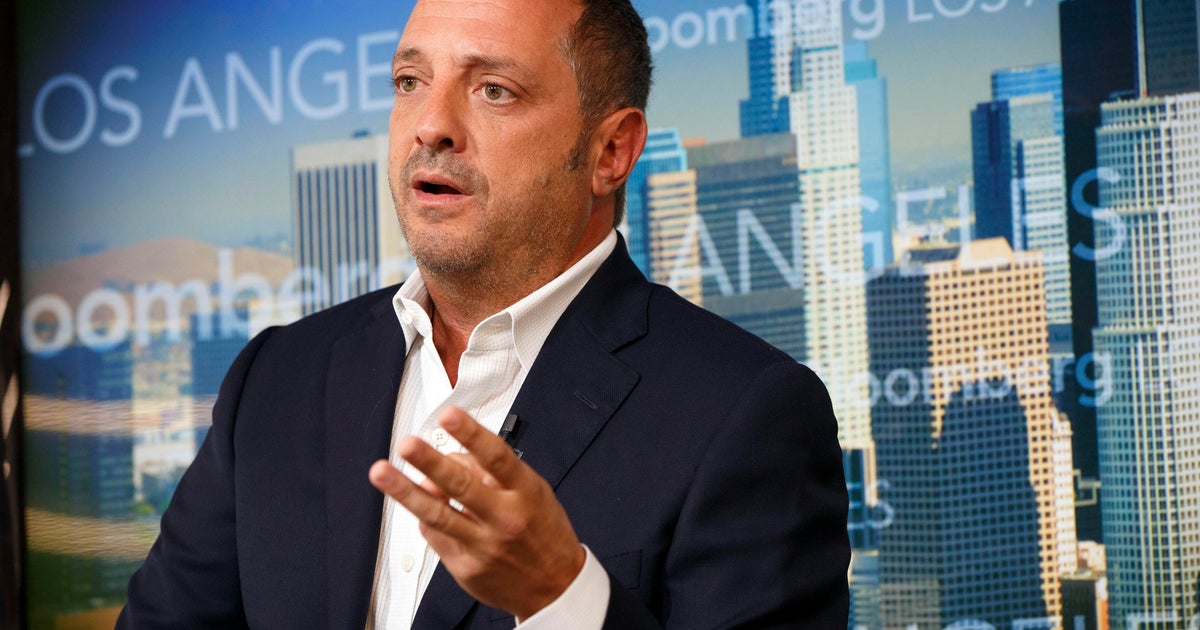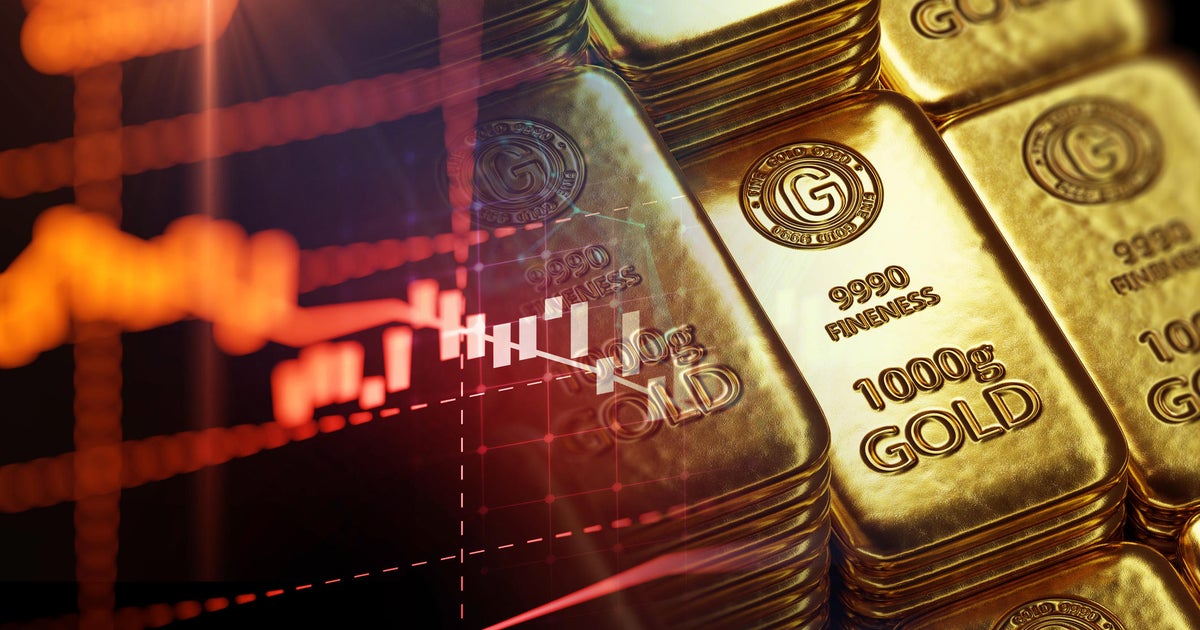Uber IPO promises riches for handful of investors -- and risks galore
Uber, one of the most ambitious and controversial technology companies to emerge over the last decade, hopes investors can agree on one thing when the rideshare giant goes public Friday: Despite losing car-loads of cash, the company is going places.
The initial public offering is expected to be one of the biggest in years, valuing all of Uber at upwards of $90 billion -- twice the market value of Ford Motors and more than the market value of American, Southwest and United airlines combined. It's expected to be the largest IPO of 2019 and the biggest since Alibaba's $25 billion debut in 2014. Perhaps more important, Uber is betting that it can shift the way people think about getting around and even change consumer attitudes toward car ownership.
With the stock set to price Thursday ahead of its public market debut Friday on the New York Stock Exchange, here are four things to know about Uber's IPO:
How much will shares cost?
Uber's IPO stock was priced at $45 on Friday, on the low end of the $44-to-$50 range the company has estimated in its pre-IPO filing. On the high end of that range, the company could raise $9 billion through the initial stock offering of some 180 million shares. Aptly, the company will be listed on the NYSE under the ticker symbol "UBER."
Until recently, Uber was expected to be valued at as much at $120 billion following its offering. But it dialed back the projected price of its shares after rival Lyft, which went public in March, saw its stock sink sharply following its IPO. Lyft shares were trading this week at around $54, down 25% from their debut day.
"Lyft has been an unmitigated disaster out of the gate and it's something Uber has definitely had to factor in," said Wedbush Securities analyst Daniel Ives.
Uber's share price fell between 3 percent and 6 percent in the stock's first hour of trading Friday and was around $43.75 as of 12:30 p.m. E.T.
A worthy investment?
Uber itself acknowledges that it faces a bumpy road to profitability. Ten years after its inception, Uber continues to lose vast sums money: In 2018 alone it lost $3 billion -- the equivalent of 58 cents on average for every ride Uber passengers took last year. And like many young companies focused on grabbing market share, Uber faces stiff competition and heavy top-line costs as it pushes to expand around the globe.
In part, that's because Uber is already looking beyond ridesharing. Its growth strategy includes everything from investing in meal delivery and shipping services to electric scooters and self-driving cars.
"Many of our efforts to generate revenue are new and unproven, and any failure to adequately increase revenue or contain the related costs could prevent us from attaining or increasing profitability," Uber cautioned investors in its IPO filing.
Although Wedbush analyst Ives think autonomous vehicles could eventually be key for Uber, "It's hard to paint a picture of when it will be profitable," he noted.
Like many tech startups, Uber is prioritizing growth over short-term profitability. "This company believes they are only in the first inning of penetrating a broader market opportunity," Ives said.
A good deal for drivers?
Uber has often clashed with its drivers who represent a thorny labor issue for the company. Drivers are classified as independent contractors, rather than employees. That helps Uber keep its costs down, but it has also bred discontent among workers unhappy with their pay, working conditions and lack of benefits.
Indeed, Uber, Lyft and other app drivers on Wednesday went on strike on cities across the globe to demand, among other things, that Uber take a lower percentage of each fare so that they can earn livable wages. Inder Parmar, who has driven for the company since 2013, said he saw his hourly earnings go from about $37 in 2014 to less than $10 this year, after Uber started paying drivers on a per mile and per minute basis.
The Economic Policy Institute, a left-leaning think tank, estimates that Uber drivers earn the equivalent of $9.21 per hour after factoring in Uber's fees plus drivers' vehicle and other expenses. Other studies suggest they earn more. Gridwise, a software company that helps drivers maximize their earnings across ride-hail apps, estimates Uber drivers earn $18.65 hourly before expenses.
As the IPO approached, Uber recently rewarded some drivers with a one-time cash bonus that they can exchange for up to $10,000 in company stock after the IPO. To what extent drivers choose to make that investment remains to be seen.
"It's a creative move by Uber and Lyft -- and we've seen it before -- but sometimes it doesn't work as planned if employees don't get what they expect," said Kathleen Smith, principal and manager of IPO ETFs at Renaissance Capital, a provider of institutional research and IPO exchange-traded funds. "If things don't go well, they could be unhappy."
Who are the biggest winners?
The IPO could net Uber founder and former CEO Travis Kalanick, who was ousted from the company in 2017, a cool $9 billion from his 8.6 percent stake in the company, while Amazon founder Jeff Bezos's early investment could yield a $400 million windfall for the world's richest man. And of course a number of venture capital firms, corporate insiders and other employees are likely to walk away from the offering as millionaires if not billionaires.
By contrast, drivers will retain their "pauper status," said Susan Schurman, distinguished professor in the Rutgers School of Management and Labor Relations.
"Uber's IPO is wonderful for investors that have kept the company afloat as they have lost money hand over fist," observed management consultant Stephen Beck, founder and managing partner at CG42. "But filings clearly show there is no path to profitability for this company, and indeed their business model has been based on exploitation. I am not bullish on their long-term opportunities and ultimately don't think they have a value proposition that is really oriented around creating value for anyone other than a small group of investors."



